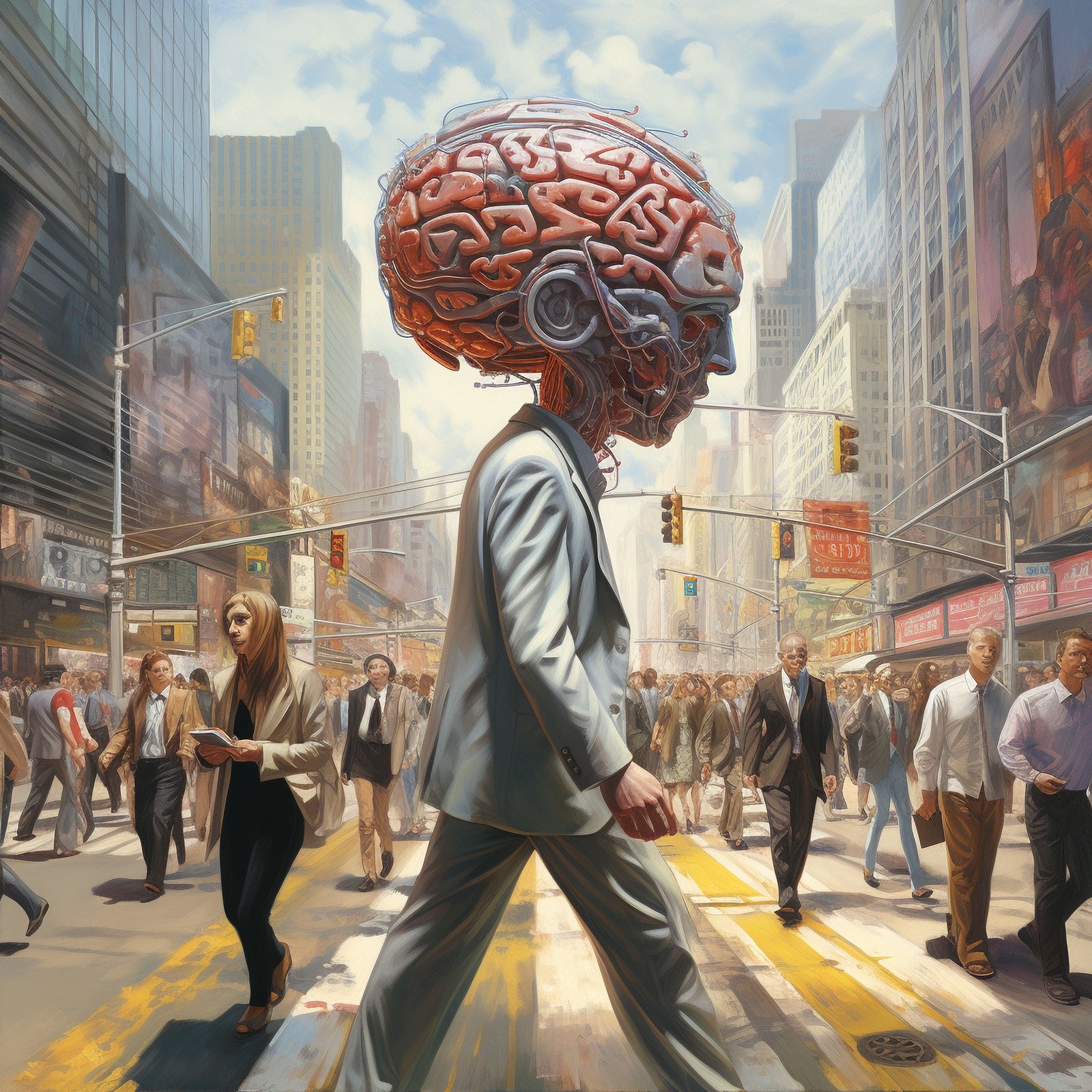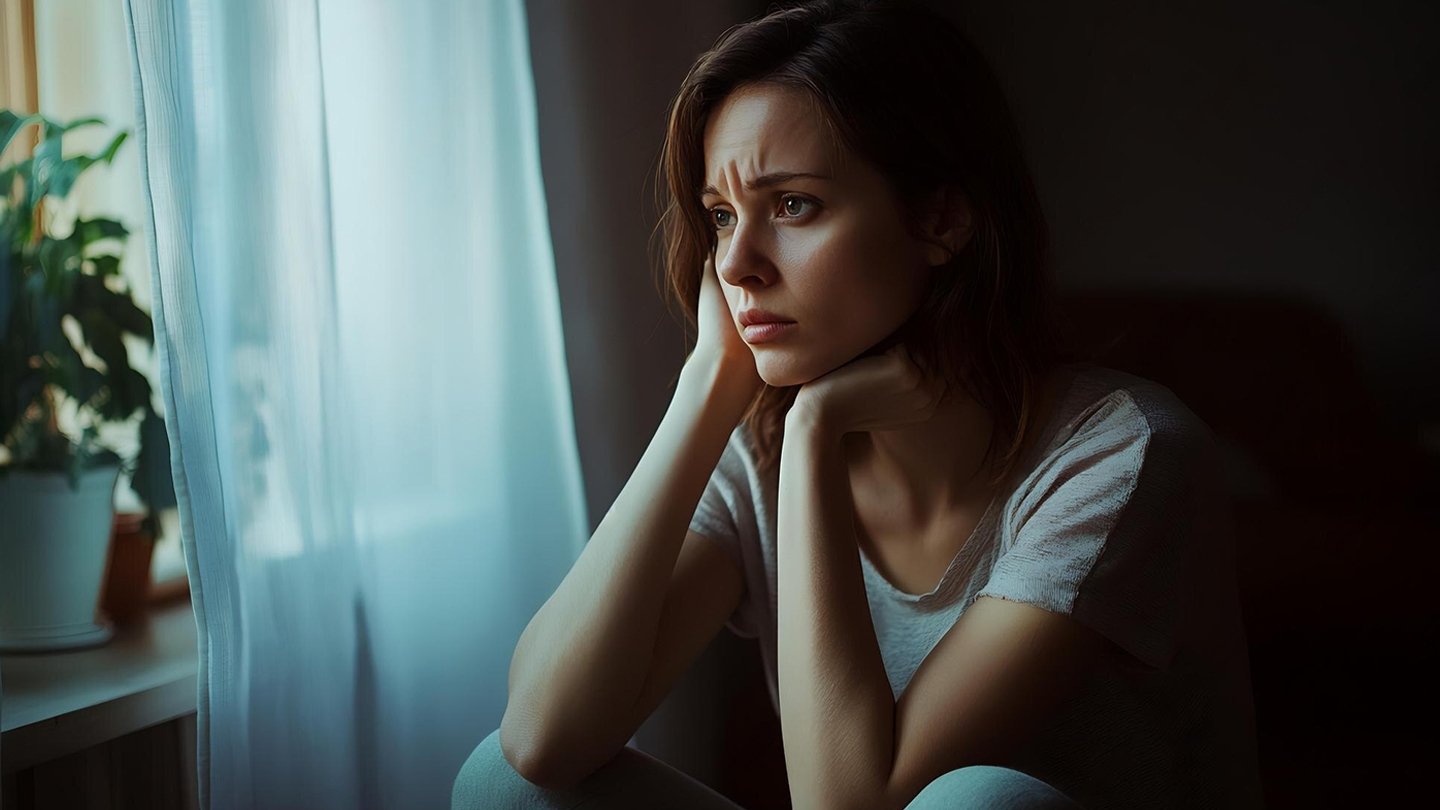WHAT ARE THE VARIOUS ADVANTAGES OF A MINIMALIST LIFESTYLE?


Minimalism is a lifestyle that entails a "less is more" mindset regarding possessions, ways of thinking, or anything else. It is a way of decluttering from unnecessary hoarding and focusing only on what is essential. A minimalistic lifestyle values simplicity, clarity, decluttering, and needs over other requirements. Not only this, but it also saves time, money, energy, and space and blesses one with mental peace. A minimalist lives on or possesses only the things that are needed. Nothing more, nothing less. He intentionally gives all his attention to what matters by avoiding or getting something that doesn't hold meaning. Though the definition of minimalism might vary from person to person, it shares the same objective.
Various Advantages Of A Minimalist Lifestyle
Practicing a minimalist life doesn't mean you have to give up every possession and live like a hermit in the jungle. It just means that you should not be buying more than you require and should not waste time on things that don't matter. It also means removing unnecessary clutter from all life forms, such as material possessions, distractions, etc. Moreover, it increases focus and clarity of mind. A minimalistic lifestyle, when practiced, holds various advantages that have visible effects. Let's jump in directly to read about the benefits of a minimalist lifestyle.
Creating Space For More Important Things:
Sometimes, we purchase things we don't need under the influence of peer pressure, advertising ads, a consumerism mindset, etc. This unnecessary stuff we are buying needs space to accumulate. If we don't have ample space in our house, these things start giving us a congested feeling, like we are being choked, etc. It affects us psychologically. So, getting rid of things that hold no utility and function creates space for better things and declutters our minds.
Decrease Distractions:
A minimalistic lifestyle can save you from these unnecessary distractions from email notifications, the ding of a new message, the flash of the latest offers from a shopping app, or the clamoring of commercials on TV, etc. These distractions consume your valuable time and energy. The time you should spend on something worthy is spent checking the emails you never subscribed to, viewing the offers you never asked for, and watching the commercials that do not even serve you a purpose. With a minimalist lifestyle, you can unsubscribe to the mail you never signed up for, switch off your phone when home, stop taking official calls during non-working hours, etc.
Improves Focus And Clarity Of Thoughts:
A physically cluttered environment impacts the mind. For example, if your home is packed with stuff, you will find it hard to relax. Moreover, you will need more time to focus on work, decreasing clarity of thought. On the other hand, a minimalist approach will do the opposite; it will increase your focus and clarity of thought because as you declutter the space around you, you free up the surrounding that needs time and energy to clean up.
Saves Money And Time:
They say money buys things, and things buy happiness. But accumulating inconsequential things is merely a way to fill the void of joy in life. It consumes all our money and time and leaves us unsatisfied and unhappy. With increased consumerism, we end up buying things we don't require. We do this to show off or meet the expectations of a society that thrives on superficiality, only to realize in the end that we don't need it in the first place. Letting go of material possessions will save money and time wastage while allowing you to focus on truly important things, like your relationship, hobbies, etc.
Improves Mental And Emotional Health:
Studies have shown that clutter might lead to an increased level of anxiety and stress. When surrounded by too much stuff, we become overwhelmed by its presence. In addition, too much stuff comes with too much work and maintenance. For instance, the accumulation of physical possessions demands regular cleaning and organizing, and having a lot of associations requires a lot of time and energy to maintain, taking a toll on mental and emotional health. However, being a minimalist by removing those unnecessary possessions and associations might save you from excessive stress and anxiety, thus improving your mental and emotional health.
Good For The Environment:
The frenzy culture of over-consumerism has taken a toll on the environment in terms of resources used and pollution generation. We have more clothes than we require, more gadgets than we use, more food than we consume, and more vehicles than we need. The approach of overconsumption is not healthy for the environment. It leads to the overexploitation of nature for resources without replenishing them and the generation of tons of waste without recycling it. A minimalist uses fewer resources and generates less waste, thus reducing the impact on the environment.
Conclusion:
A minimalistic lifestyle is incorporating things in life that hold more value and eliminating things that don't serve a purpose. It is to owe fewer but important possessions. These possessions could be any item, relationship, etc. A minimalistic lifestyle values quality over quantity. With a minimalist approach to life, you can increase your focus by cutting unwanted things from your life and saving more money and time. Additionally, being a minimalist can improve your mental and emotional health and save nature from over-exploitation for resources and the generation of waste.
Latest Blog
Mindset Matters for a Changed Culture
Understanding Mindset

Effective Ways to Manage Anxiety: Practical Tips for Everyone
Anxiety is a natural process that every person deals with at some point. It can arise from various reasons. However, having frequent anxiety, fear, terror, or panic is not normal.


Expert Guidance
Get professional guidance from our seasoned industry experts.

Tailored Solutions
We provide personalized solutions that meet your needs and goals.

Continuous support
We’re available 24/7 to help you when you need it the most.

Certified Coaches
We have a team of ICF Coaches with extensive experience in various industries.

Coaching Programs
We offer an array of coaching programs to help you develop leadership skills.







